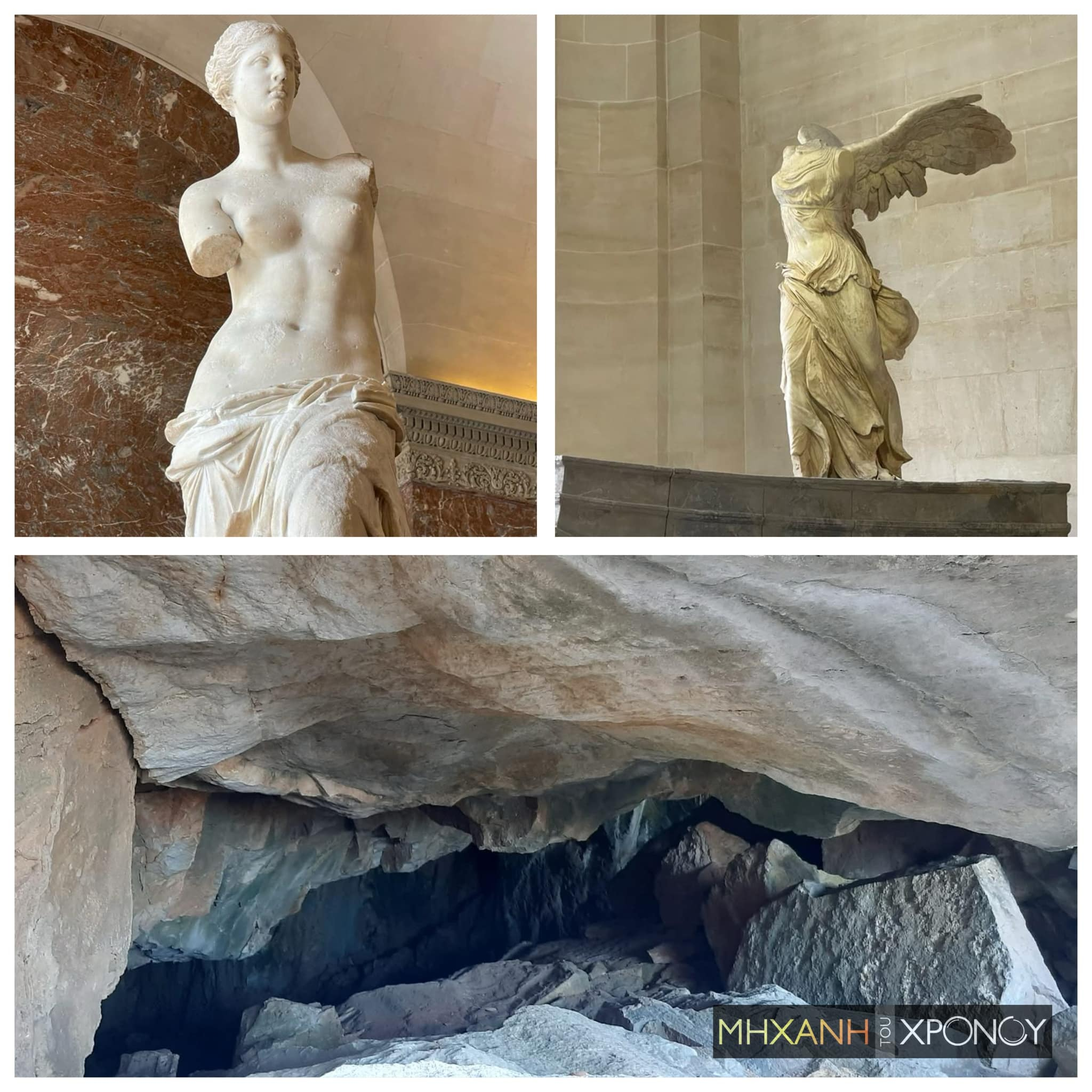Like all ancient kings, Alexander claimed that the gods were his ancestors. Already in the fifth century, the Macedonian kings said that they descended from Perdiccas, who descended from Temenos, a king of Argos; and he was great-grandchild of Hyllus, the son of Heracles. The oldest source for this family tree can be found in book eight of the Histories of the Greek researcher Herodotus of Halicarnassus (text).
It seems that this Heraclid (and thus: Greek) descent was first claimed by king Alexander I (497/496-c.454) and accepted at the Olympic games (496?), after which it was never seriously doubted again. According to the old legends, Heracles was a son of the supreme god Zeus and a woman named Alcmene, who was a great-granddaughter of Perseus, incidentally a son of Zeus. Because of the similarity in name, the Persians were supposed to descent from Perseus too; again, we have the testimony of Herodotus that the Persians could be called "sons of Perseus" in the fifth century.note[Herodotus, Histories 7.220.]
The old legend also maintained that Heracles' wife Deianeira was a daughter of the god Dionysus. Stated differently, from the fifth century on, any Macedonian king could call himself son of Heracles, Perseus, Dionysus or Zeus.
Alexander's mother Olympias was a member of the royal house of Epirus, which claimed Andromache and Neoptolemus, the son of Achilles, as ancestors. The first to write that Neoptolemus was married to Andromache, was the Athenian playwright Euripides (Trojan women); that Neoptolemus settled in Epirus was a well-known legendary fact that could already be found in the epic poem known as Nostoi ("returns").
Alexander could -according to the legends: rightfully- claim Achilles as his ancestor; no one would object to it. In fact, out sources do not mention any objection. It was only when Alexander changed his ancestry, claiming that Olympias had had intercourse with Zeus (or Ammon), that people started to make remarks.
Alexander the Great family tree video:
Source: livius.org, UsefulCharts









